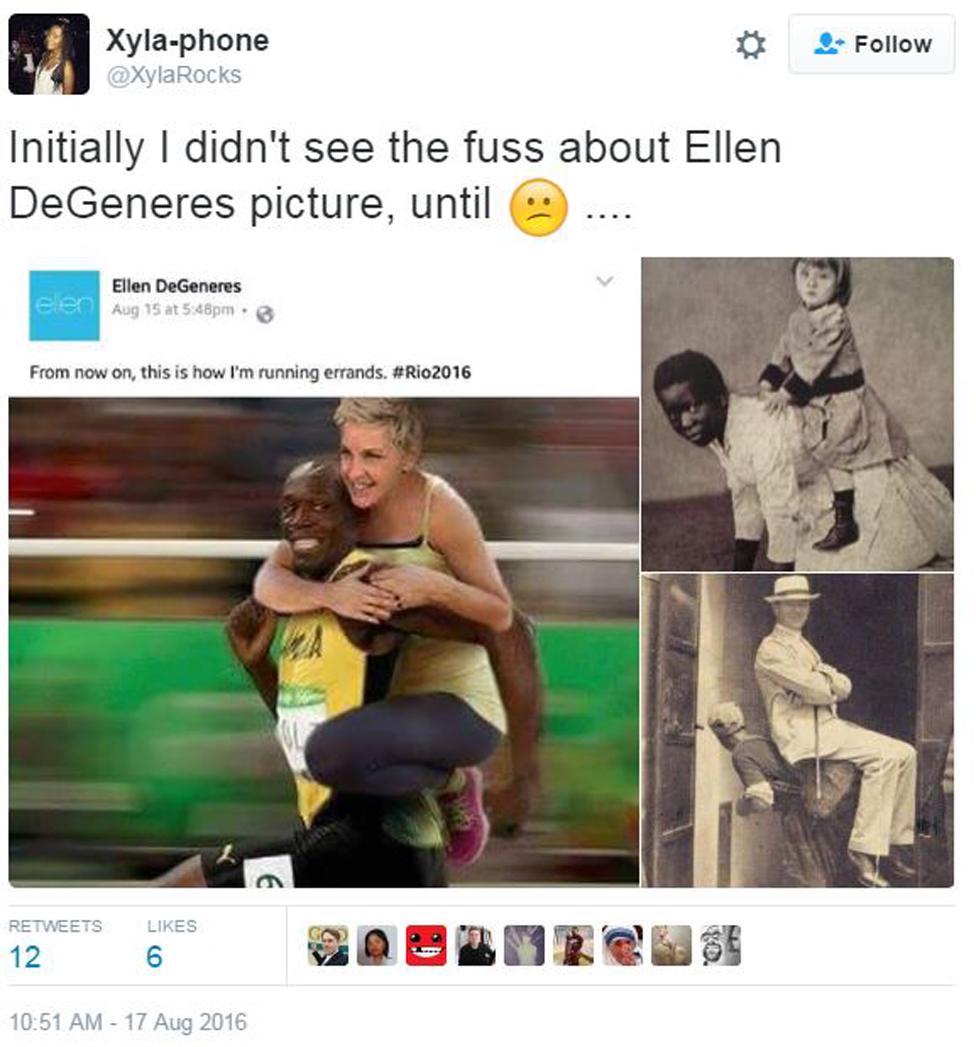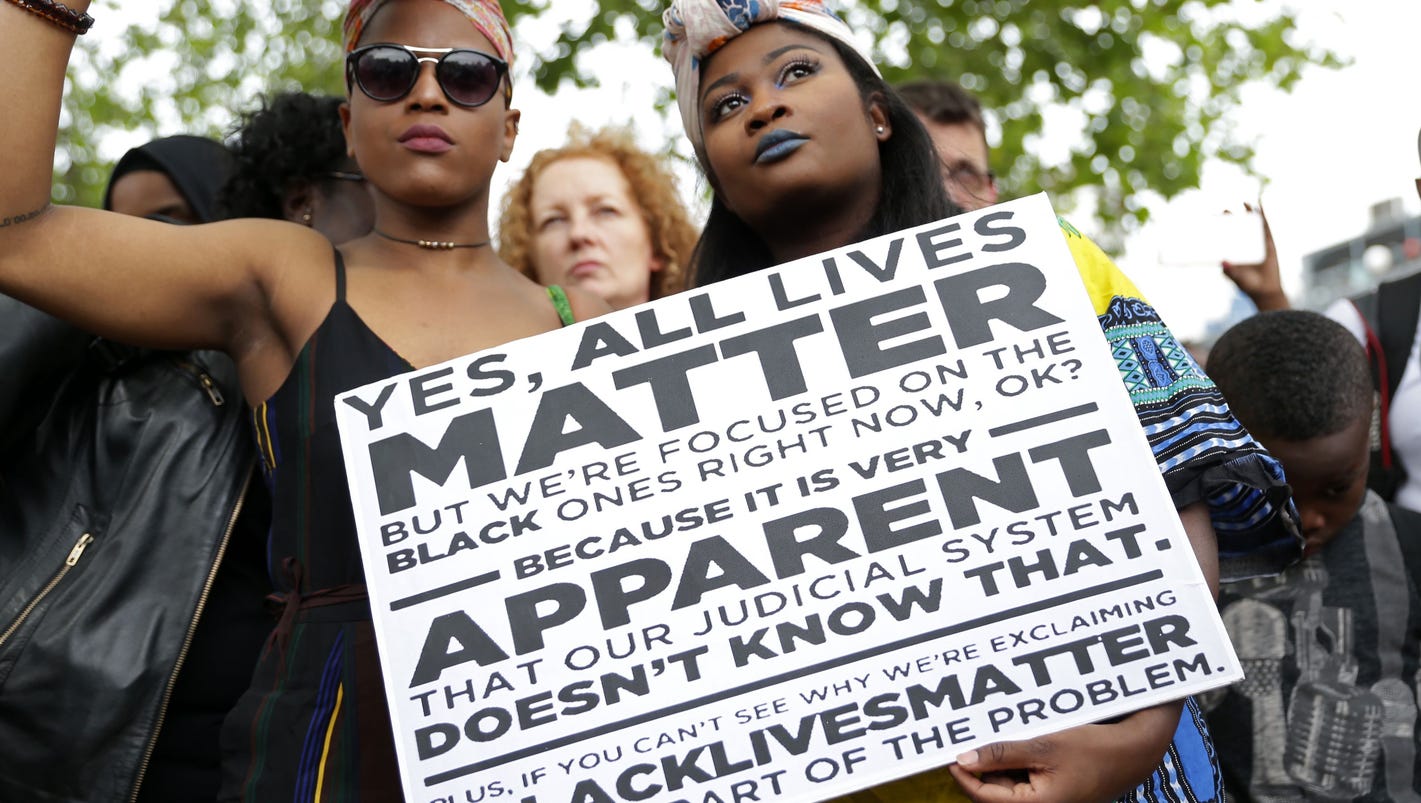Racist Jokes About Blacks: Understanding The Impact And Promoting Respectful Dialogue
Racist jokes about blacks have long been a controversial topic in society, sparking heated debates and discussions about their appropriateness and implications. These jokes, often rooted in stereotypes, can perpetuate harmful biases and contribute to racial tensions. In this article, we will explore the history, impact, and ways to address this sensitive issue.
As we delve into the complexities surrounding racist jokes, it's crucial to understand their origins and the cultural contexts in which they arise. By examining the effects of these jokes on individuals and communities, we can better appreciate the importance of fostering respectful communication and mutual understanding.
This article aims to provide a comprehensive overview of racist jokes about blacks, including their historical background, psychological effects, and strategies for promoting positive dialogue. We will also explore how individuals and organizations can contribute to creating a more inclusive and respectful society.
Read also:Maximizing Your Benefits A Comprehensive Guide To Ups Staff Discount
Table of Contents
- The History of Racist Jokes About Blacks
- The Impact of Racist Jokes on Mental Health
- Common Stereotypes in Racist Jokes
- Representation in Media
- Legal Perspectives on Racist Jokes
- The Role of Education in Addressing Racist Jokes
- Sub-Cultural Influence on Humor
- Alternatives to Racist Jokes
- Solutions for Reducing Racist Humor
- Conclusion and Call to Action
The History of Racist Jokes About Blacks
Racist jokes about blacks have a long and troubling history that dates back centuries. These jokes often stem from deep-seated prejudices and societal inequalities. During the era of slavery in the United States, derogatory humor was used to dehumanize African Americans, reinforcing the systemic oppression they faced.
In the 19th and 20th centuries, minstrel shows became a popular form of entertainment that perpetuated harmful stereotypes through caricatures and mocking portrayals of black individuals. These performances contributed to the normalization of racist attitudes and behaviors, embedding prejudices into the cultural fabric.
Modern-Day Manifestations
Despite progress in civil rights and equality, racist jokes about blacks persist in various forms today. Social media platforms have provided new avenues for the dissemination of such content, often reaching wide audiences instantaneously. This digital spread can amplify the negative impact of these jokes, making it crucial to address them head-on.
The Impact of Racist Jokes on Mental Health
Racist jokes about blacks can have profound effects on the mental health of those targeted. Exposure to such humor can lead to feelings of isolation, anxiety, and depression. Victims may experience a loss of self-esteem and a diminished sense of belonging in society.
Studies indicate that repeated exposure to racist jokes can contribute to long-term psychological distress. For instance, research published in the Journal of Counseling Psychology highlights the link between racial microaggressions and increased stress levels among minority groups.
Building Resilience
While the impact of racist jokes can be detrimental, individuals and communities can build resilience by fostering supportive networks and engaging in self-care practices. Encouraging open discussions about race and humor can also help mitigate the harmful effects of these jokes.
Read also:Lafayette Indiana Journal And Courier Your Comprehensive Guide To Local News And Beyond
Common Stereotypes in Racist Jokes
Racist jokes about blacks often rely on tired and offensive stereotypes. These include assumptions about intelligence, work ethic, and cultural practices. Such stereotypes not only perpetuate misinformation but also hinder efforts toward true equality and understanding.
- Stereotypes about intelligence, suggesting that black individuals are less capable or educated.
- Assumptions about socioeconomic status, portraying black communities as uniformly disadvantaged.
- Cultural misrepresentations that oversimplify or mock traditional practices and values.
Challenging Stereotypes
Efforts to challenge these stereotypes involve promoting accurate representations of black communities in media, education, and everyday conversations. By highlighting diverse and positive stories, we can combat the harmful effects of racist jokes and foster a more inclusive environment.
Representation in Media
Media plays a significant role in shaping public perceptions of race and humor. The portrayal of black individuals in films, television shows, and online content can either reinforce or challenge existing stereotypes. Responsible media representation is essential for reducing the prevalence of racist jokes about blacks.
Positive examples of media representation include shows and movies that celebrate black culture and showcase the diversity of experiences within the community. These productions help counteract the negative impact of racist humor by promoting empathy and understanding.
Media Literacy
Developing media literacy skills is crucial for critically analyzing the content we consume. By teaching individuals to recognize and question harmful portrayals, we empower them to contribute to a more respectful discourse around race and humor.
Legal Perspectives on Racist Jokes
From a legal standpoint, the boundaries of free speech and hate speech can sometimes blur when it comes to racist jokes about blacks. While freedom of expression is a fundamental right, it must be balanced against the potential harm caused by derogatory humor.
Certain countries and jurisdictions have enacted laws to address hate speech, including racist jokes that incite violence or discrimination. These legal frameworks aim to protect marginalized groups while respecting the principles of free speech.
International Perspectives
Different regions approach the issue of racist jokes with varying degrees of regulation. For example, European countries tend to have stricter laws against hate speech compared to the United States, where the First Amendment provides broader protections for speech. Understanding these legal nuances is essential for navigating the complexities of racist humor globally.
The Role of Education in Addressing Racist Jokes
Education serves as a powerful tool in combating the prevalence of racist jokes about blacks. By incorporating lessons on diversity, inclusion, and cultural sensitivity into school curricula, educators can equip young people with the knowledge and skills needed to challenge harmful stereotypes.
Workshops and training programs for adults also play a vital role in promoting awareness and understanding. These initiatives encourage open dialogue and provide practical strategies for addressing racist humor in various settings.
Incorporating Critical Thinking
Teaching critical thinking skills enables individuals to analyze the content and implications of the jokes they encounter. By fostering a deeper understanding of the historical and social contexts surrounding racist humor, education can empower people to make informed decisions about what they find acceptable or offensive.
Sub-Cultural Influence on Humor
Subcultures within black communities sometimes engage in self-deprecating humor as a form of resistance or empowerment. While this type of humor can serve as a coping mechanism, it is essential to recognize the difference between internal and external uses of such jokes.
When outsiders adopt or mock these subcultural expressions, it can perpetuate harm and reinforce stereotypes. Understanding the nuances of cultural humor is crucial for respecting the boundaries and intentions of different communities.
Respectful Engagement
Engaging with subcultural humor in a respectful manner involves listening to and learning from the communities that originate these expressions. By acknowledging the context and meaning behind such jokes, we can foster greater empathy and mutual respect.
Alternatives to Racist Jokes
There are numerous ways to enjoy humor without resorting to racist jokes about blacks. By embracing inclusive and respectful forms of comedy, we can create a more positive and enjoyable experience for everyone involved.
- Focus on universal themes that resonate with diverse audiences, such as family, work, or everyday experiences.
- Encourage creative storytelling that highlights the richness and diversity of human experiences.
- Support comedians and content creators who prioritize respectful and thought-provoking humor.
Encouraging Positive Humor
By promoting alternative forms of humor, we can contribute to a cultural shift away from harmful stereotypes and toward a more inclusive and empathetic society. Supporting comedians and creators who prioritize respectful humor helps create a positive feedback loop that benefits everyone.
Solutions for Reducing Racist Humor
Reducing the prevalence of racist jokes about blacks requires a multifaceted approach involving individuals, communities, and institutions. Education, media representation, and legal frameworks all play critical roles in addressing this issue.
Individual actions, such as calling out inappropriate humor and engaging in respectful dialogue, can also make a significant difference. By fostering an environment where diverse perspectives are valued and respected, we can work toward eliminating racist jokes from our collective discourse.
Community Initiatives
Community-based initiatives that promote cultural understanding and celebrate diversity can help reduce the incidence of racist humor. These efforts may include workshops, art exhibitions, and public events that bring people together to learn from and appreciate each other's experiences.
Conclusion and Call to Action
Racist jokes about blacks have a lasting impact on individuals and communities, perpetuating harmful stereotypes and contributing to social divisions. By understanding the history and effects of these jokes, we can take meaningful steps toward fostering a more respectful and inclusive society.
We encourage readers to engage in open and honest conversations about race and humor, challenge harmful stereotypes, and support initiatives that promote diversity and inclusion. By working together, we can create a world where humor serves as a bridge rather than a barrier between people.
Take action today by sharing this article with your network, participating in community initiatives, and committing to respectful dialogue in your daily interactions. Together, we can make a difference.


